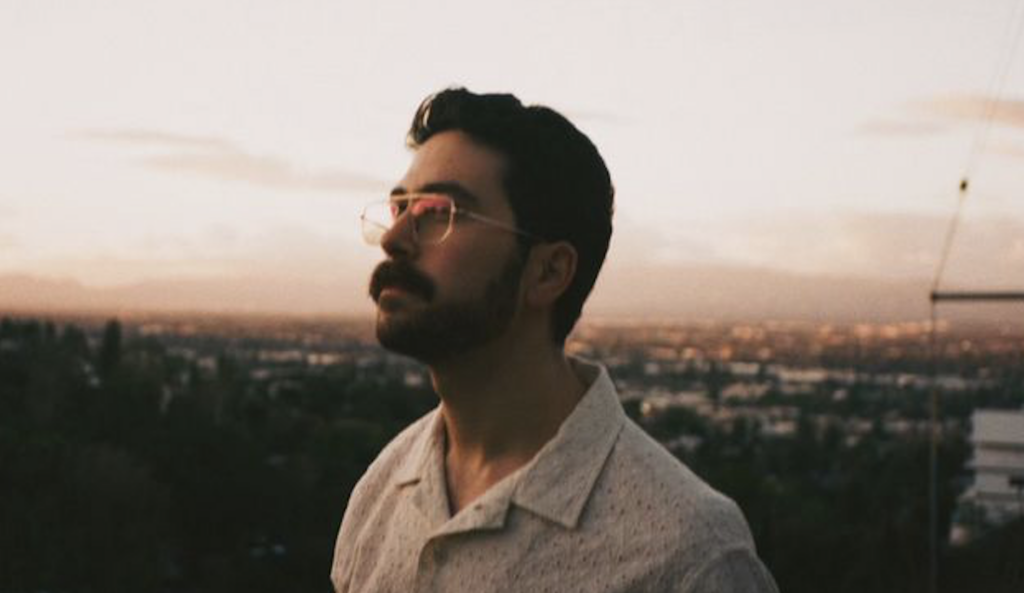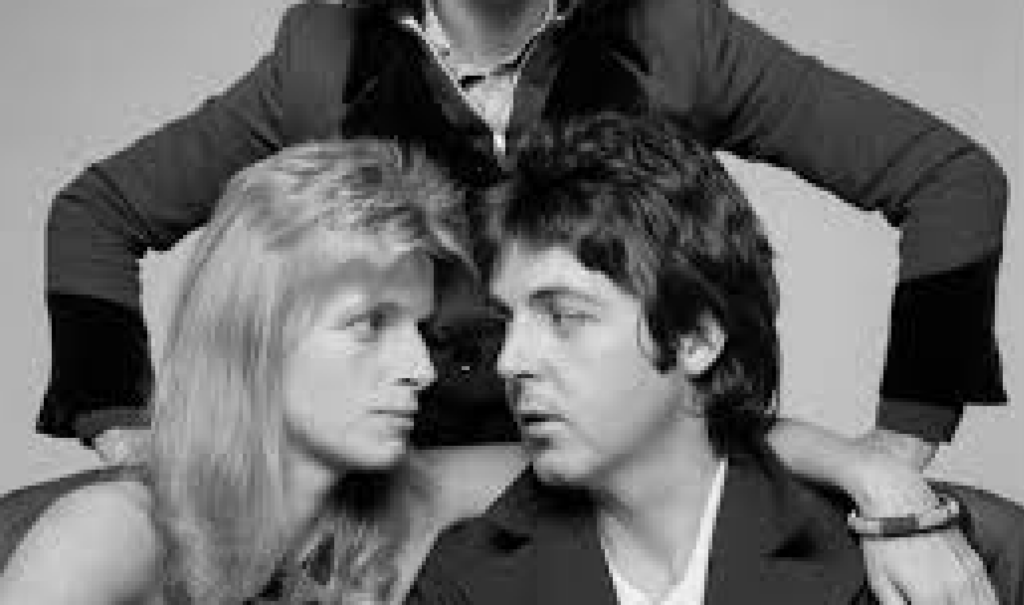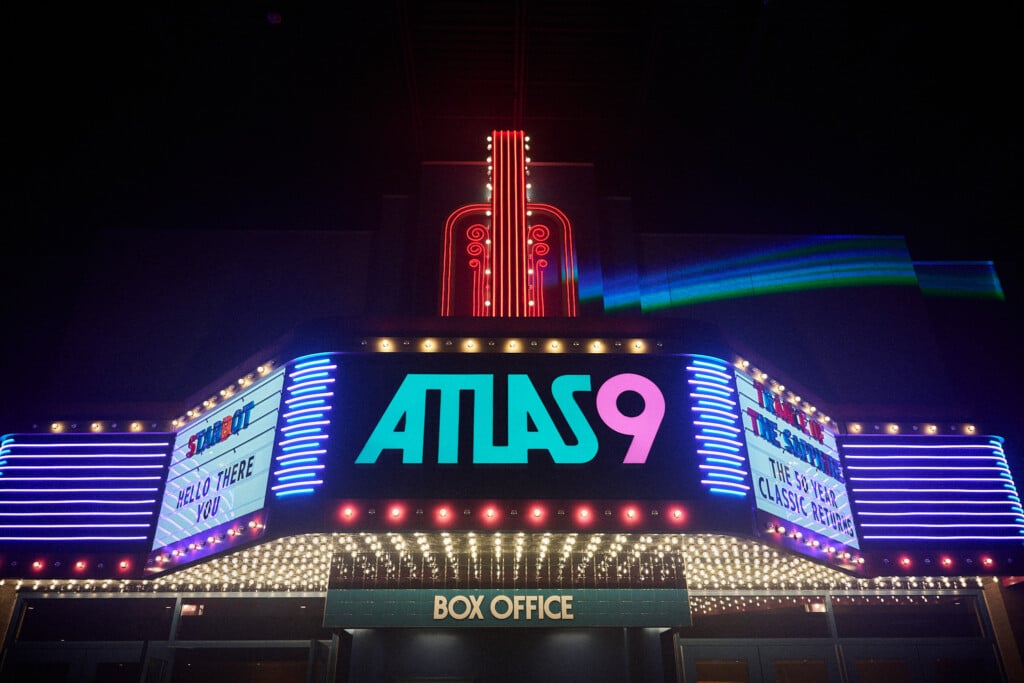Talking Down
Ross Hunter, dead seven years, hasn’t been this alive at the movies since the 1950s and ’60s, when he produced some of the weepiest melodramas and cheeriest romantic comedies ever to barely stick to the screen. Hunter produced virtually all of Douglas Sirk’s hanky-pankies in the ’50s, among them Magnificent Obsession and All That Heaven Allows — the templates for Todd Haynes’ Far From Heaven, which made explicit all the man-on-man action and jungle fever Hollywood didn’t allow back then. And it was Hunter who, perhaps as a reaction to Sirk’s autumnal gloom, made the movies bright and cheery with Sandra Dee and Doris Day, pets in his stable alongside stud Rock Hudson, who bridged the gap between Sirk’s tear-soaked spectacles and the faaaaabulousness of Pillow Talk and The Thrill of It All.
Hunter, who, like Hudson, was gay but never stepped out of the closet without a woman on each arm, claimed he made movies for the house frau seeking escape from her gray-flannel husband and 2.4 children in the suburbs. He made pictures that shined in a way real life — and the kitchen floors — didn’t. He knew his movies were mediocre but didn’t care, insisting he gave the public what they wanted — “a chance to dream, to live vicariously, to see beautiful women, jewels, gorgeous clothes, melodrama.” Yet whereas Hunter’s movies never condescended to the audience, the disastrous Down With Love, which strives to be to Pillow Talk what Far From Heaven was to All That Heaven Allows, winks so hard that it lapses right into a coma.
Renée Zellweger has been cast in the Doris Day role as proto-women’s-libber Barbara Novak, whose bestseller Down With Love promotes the ideology that sex for women can be far more pleasurable without the romantic attachment. This doesn’t sit well with journalist Catcher Block (Ewan McGregor), an Esquire man with Playboy sensibilities who keeps dodging his cover-story interview with Barbara to frolic with women, mostly stewardesses who are happy to be kept on a leash. Barbara threatens his on-the-rocks-and-over-easy way of life, but once he discovers she’s actually cute as an Oscar nominee, he sets about playing dumb to expose her as fraud.
Director Peyton Reed certainly gets the look right. Down With Love feels cobbled together from Jackie Kennedy’s daywear and James Bond’s evening attire, all bright-pink and pastel-blue contrasted against a charcoal-and-horn-rim backdrop. But the set pieces lose their luster quickly, and the fetishism — a place for everything retro and everything retro in its place, including a cameo by Tony Randall — blends into the background. The movie’s so arch it kisses its own ass in congratulation.
Reed, working from a rinky-dink screenplay by Dennis Drake and Eve Ahlert (the writers of the upcoming Legally Blonde 2), gives us only props on a soundstage; every utterance is a double entendre that generates not a single laugh. (And like Far From Heaven, Down With Love tries to make explicit the homo subtext but winds up only cracking limp gay jokes.) The cast, including David Hyde Pierce as Catcher’s editor and Sarah Paulson as Barbara’s, works so hard to please that it’s astonishing the actors don’t suffer a group aneurysm. But they’re playing sitcom characters, talking at each other (and down to us) but never with one another. No commentary and barely even a comedy, Down With Love is instead a TV pilot shot in CinemaScope and reduced to fit the small screen. Ross Hunter would not be pleased. Escapism shouldn’t have you scrambling for the nearest exit.




